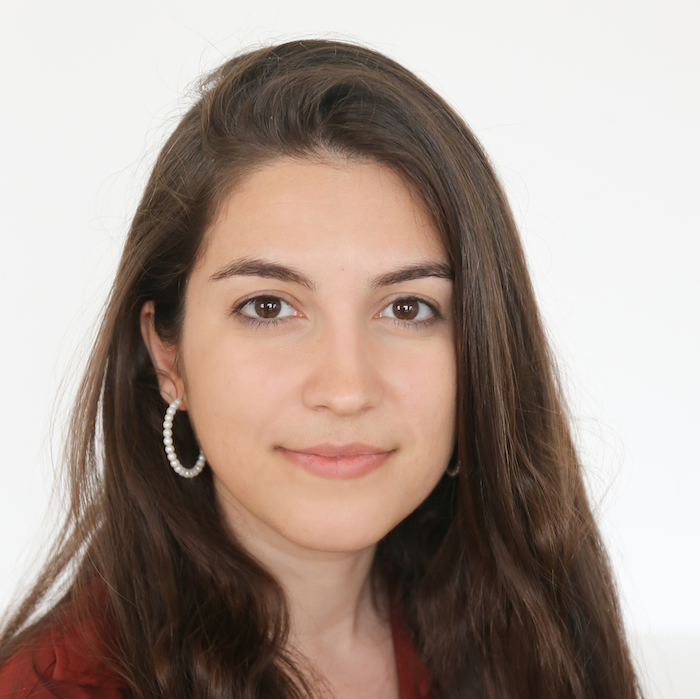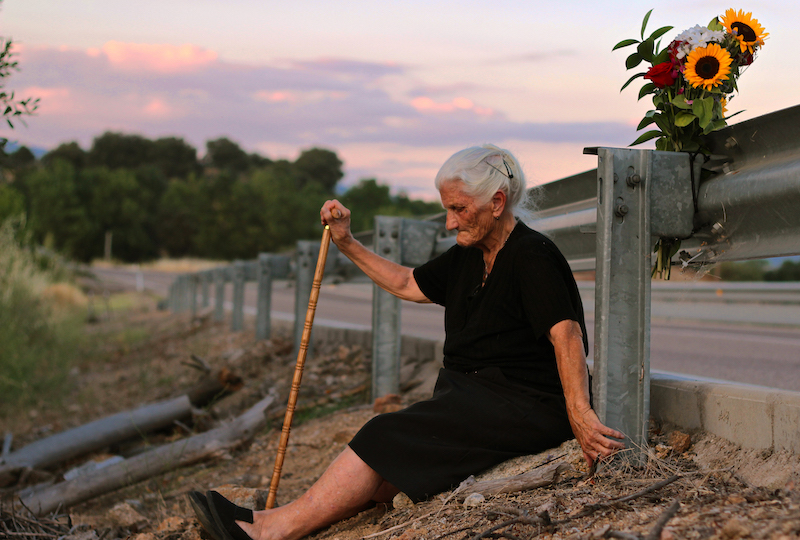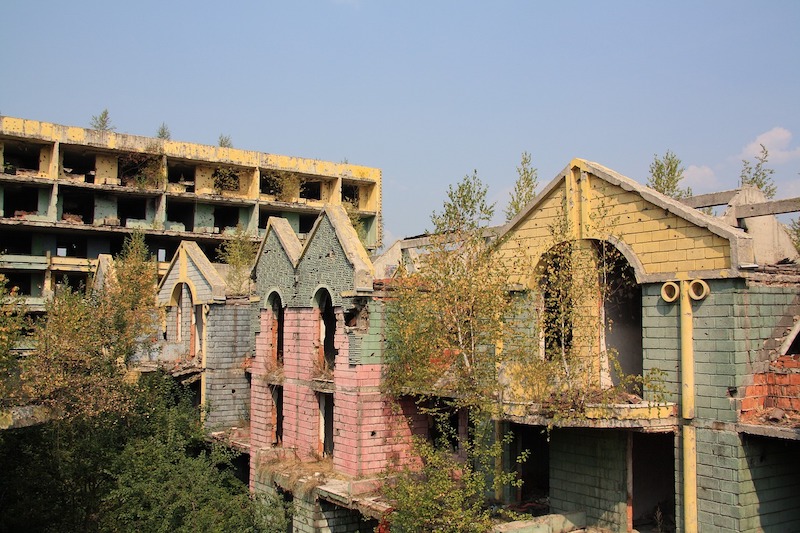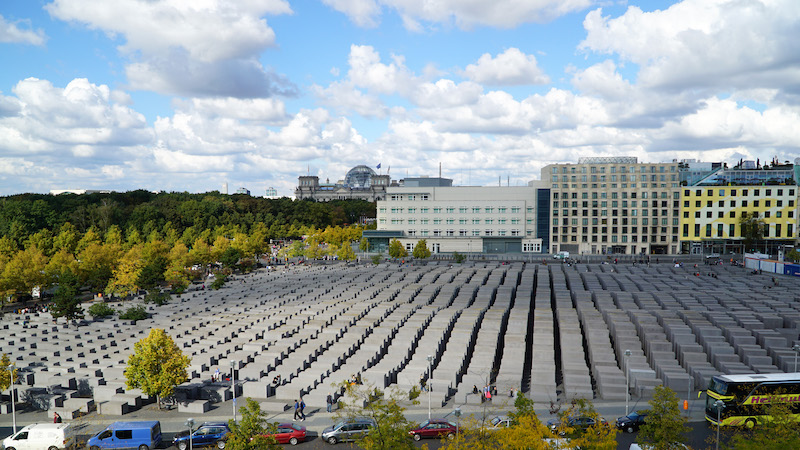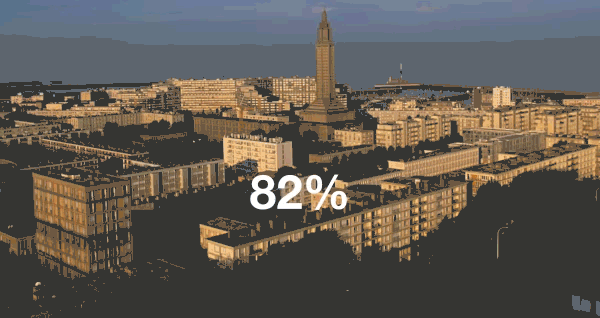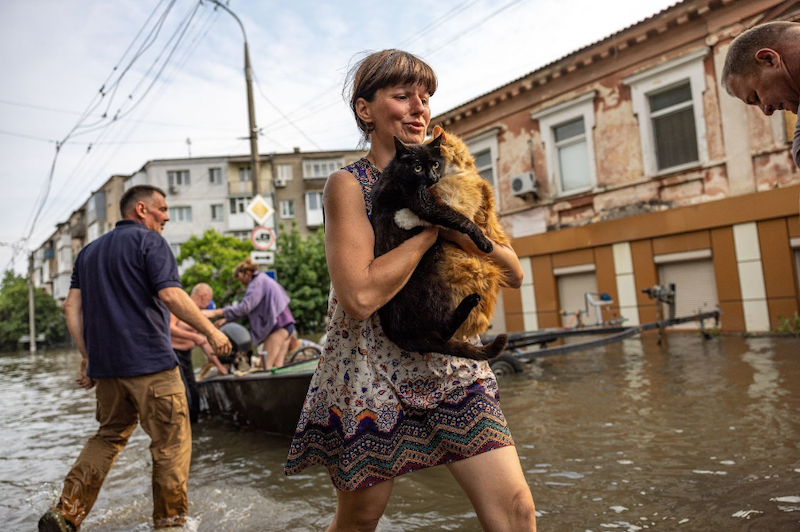“This country is a great tomb. When you hear political leaders saying that our great national poet was Federico García Lorca, they forget to say that he is a forced disappeared. This is significant. If the wounds are not cauterised, it is impossible to heal them. Generating truth, justice and reparation are basic elements for the country to move forward.
One of the great causes of the extreme polarisation we are experiencing in Spain is that these wounds have never been closed. And the problem is not only silence, but the lack of memory, or the false memory of what happened. Because to generate transparency is not to generate revenge.”
Miguel Martínez del Arco is the son of the woman who spent the longest time in jail during Franco’s dictatorship, a sentence of almost two decades. Against the voices that say the war is a ‘closed chapter’ of Spanish history and the country should ‘move on’, the victims claim that this is not possible without memory.

